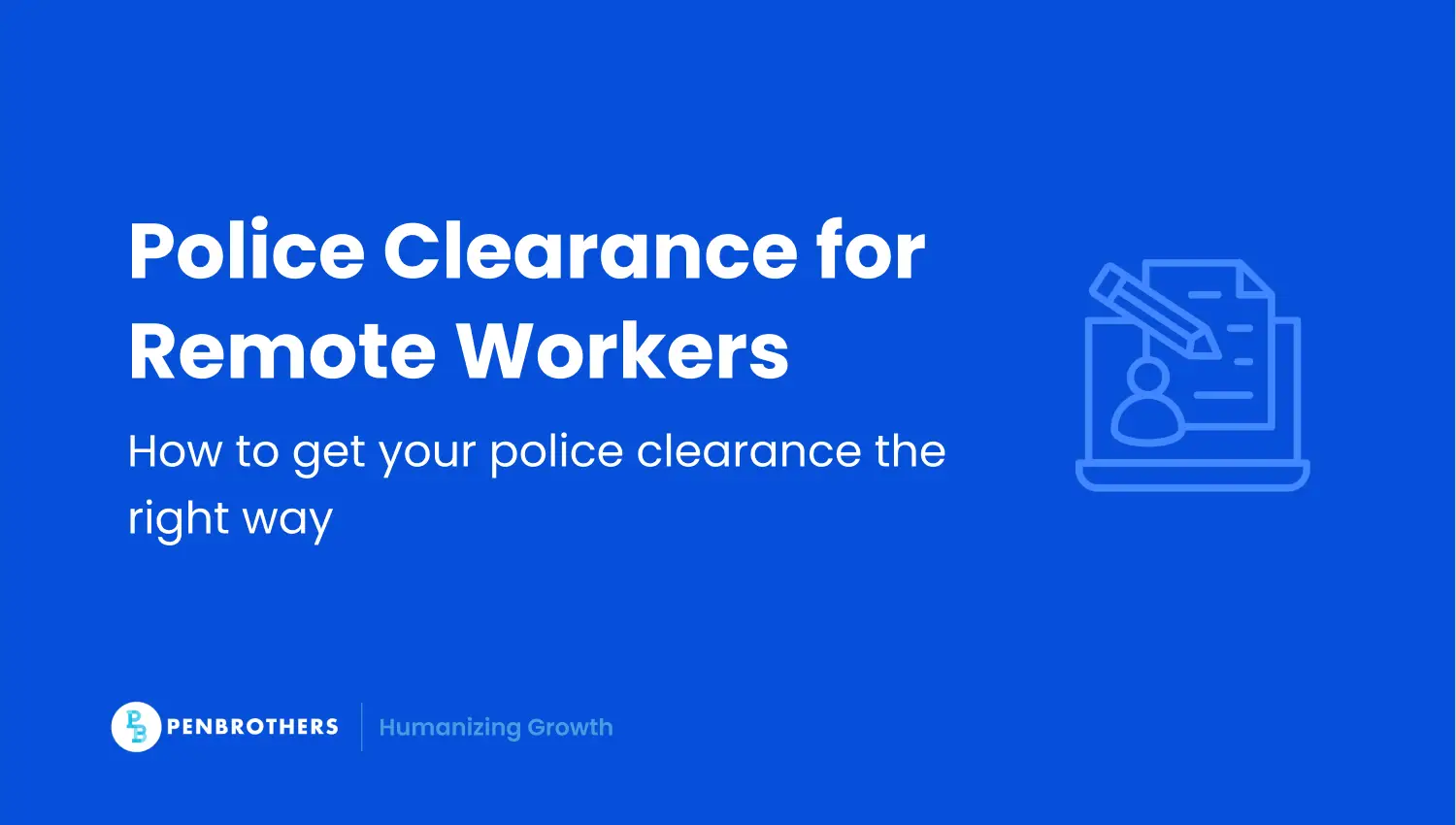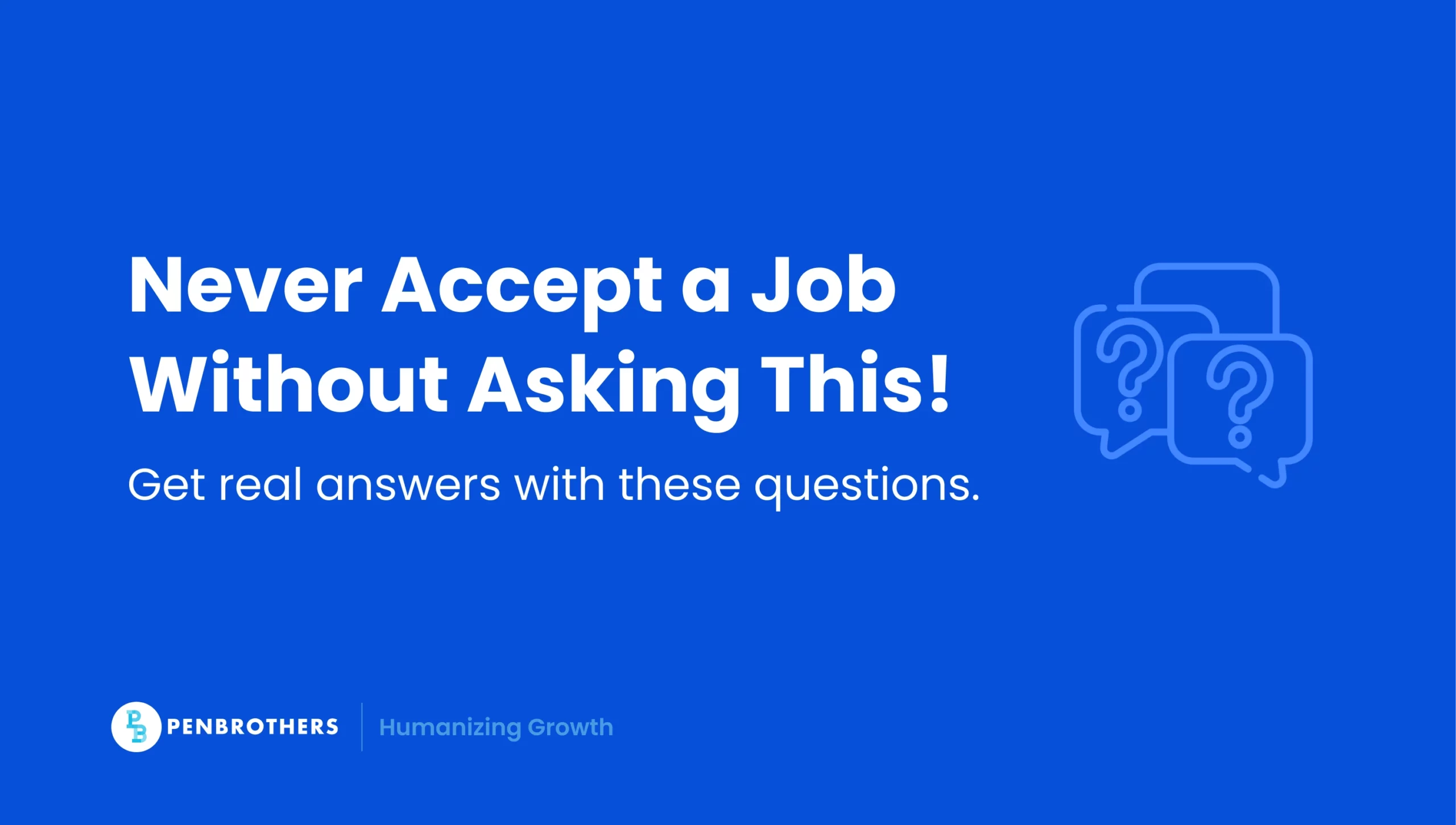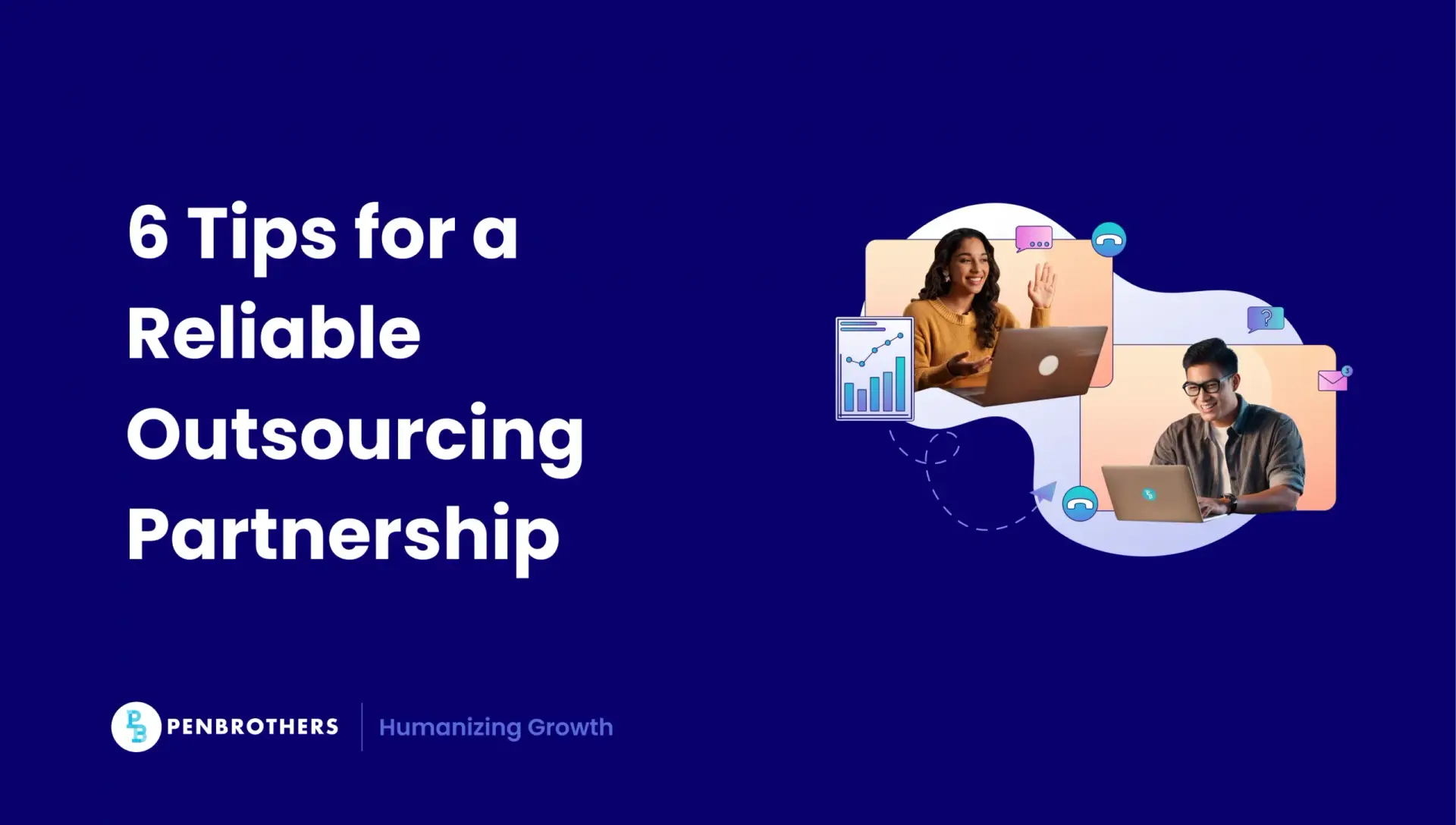What's Inside?
How to Get Police Clearance for Remote Workers

For remote workers, trust, credibility, and verified credentials are critical. While you may never step foot in a traditional office, employers, especially those abroad, require assurances that you are compliant and reliable. A police clearance is a vital document that confirms your good moral character at the local jurisdiction level, complementing national checks like the NBI clearance.
In this guide, we explore how remote workers can obtain a police clearance, the various scenarios available, and strategic tips to make the process smoother.
Why Remote Workers Need a Police Clearance
Even in a home-based setup, your local compliance matters. Police clearance:
- Confirms your identity and legal standing in your city or municipality.
- Builds trust with remote employers and clients, particularly international teams.
- Reduces HR risks by ensuring background verification complements national-level checks.
While NBI clearance covers nationwide criminal records, police clearance focuses on local records, making it essential for remote hiring in the Philippines.
Scenarios for Obtaining Police Clearance
Walk-in Option
While walk-ins are still technically allowed in some locations, they are rarely recommended.
- Risks: Longer waiting times, limited slots, potential rejection if your profile is incomplete.
- Use Case: Only consider if you live near a police station that still accepts walk-ins and you can visit during official hours.
- Tip for Remote Workers: Walk-ins are less efficient than online appointments; schedule online if possible.
Online Appointment (NPCS)
The online booking system is the official and secure method for most remote workers.
- Eligibility: First-time applicants typically need to appear in person; returning applicants may qualify for the non-appearance option.
Tip: You can view the step-by-step guide in our Police Clearance Online Appointment Made Easy article for complete instructions.
Regional vs National Offices
Processing can vary depending on your choice:
- Regional Police Stations: Usually shorter queues, quicker processing, suitable for local residents.
- National Police Offices: Handle high-volume requests, broader jurisdiction coverage, but potential for delays.
- Remote Workers Tip: Choose the office strategically based on your location and urgency.
Overseas or OFWs
Overseas Filipinos can coordinate with Philippine consulates or embassies.
- Non-appearance submissions may be possible.
- QR code verification ensures remote employers can validate the clearance digitally.
High-Level Steps (Without Repeating the Full Guide)
- Register on NPCS Portal: Fill out personal details accurately.
- Select Appointment Type: Choose in-person or check non-appearance eligibility.
- Pay Online: Use secure payment options; save receipts.
- Submit or Attend Appointment: Follow your chosen method for document verification and biometric capture.
- Download Certificate: Ensure QR code is visible for employer verification.
Pro Tip: These steps align with HR compliance and remote verification requirements, making you remote-ready and compliance-ready.
Document and ID Preparation
To avoid delays, prepare:
- Two valid government-issued IDs: Passport, UMID, Driver’s License.
- Matching personal details between your IDs and NPCS profile.
- Photo and signature files if eligible for non-appearance.
- Regional vs National Office Requirements: Confirm documents accepted by your chosen office.
Common Pitfalls & How to Avoid Them
- Using unofficial or scam websites.
- Attempting to walk in without checking office policy.
- Mismatched ID information.
- Ignoring appointment confirmations.
- Missing documents for overseas application.
Pro Tip: Double-check your profile, appointment slot, and documents before submission.
See our guides for other Philippine IDs:
- Pag-IBIG ID: 2025 Remote Job Application Guide
- TIN ID: Essential for Compliance and Paychecks
- How to Apply for PhilHealth ID: 2025 Complete Guide
- National ID Registration Online Made Easy (2025): Avoid Mistakes, Save Time
- Postal ID: Solve Remote Job Delays in the PH
- PhilSys ID for Remote Workers: A 2025 Guide
How Employers Use Police Clearance for Remote Work
- Identity Verification: Confirms the employee’s local standing.
- Compliance Check: Fulfills KYC and HR onboarding requirements.
- Secure Data Handling: QR codes and digital copies allow remote verification without exposing sensitive information.
Police clearance is valid for 6 months; remote HR teams may request renewal for extended contracts.
Frequently Asked Questions
Rarely, online booking is now the preferred method.
Returning applicants may qualify for non-appearance submission.
Two valid government-issued IDs, photo, and signature files; confirm with the chosen office.
Typically, 6 months from issuance.
Yes, through Philippine consulates following NPCS guidelines.
Your Trust, Verified: Why a Police Clearance Is Your Remote Work Edge
Don’t let distance undermine trust. A police clearance is proof that you’re serious, responsible, and ready for remote work. Proactive compliance isn’t just smart. It’s your competitive edge in landing high-value opportunities. So, securing your clearance now means you won’t miss out on your next remote role because of avoidable delays or verification issues.





